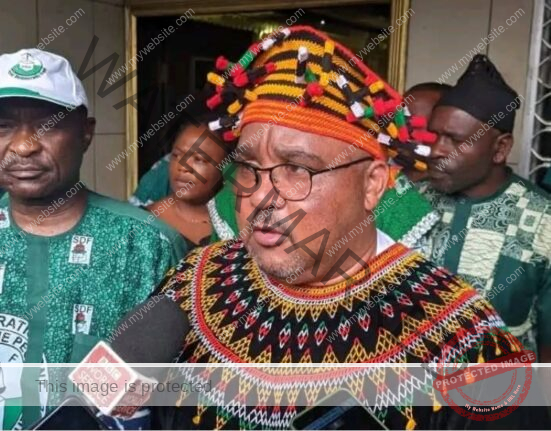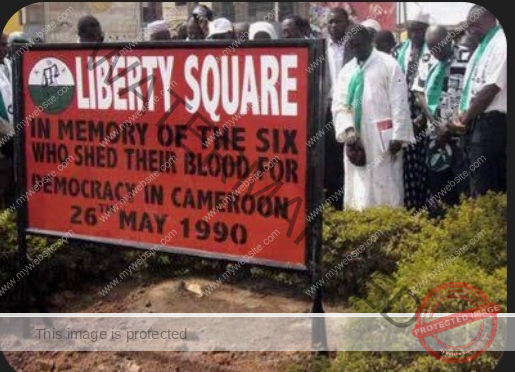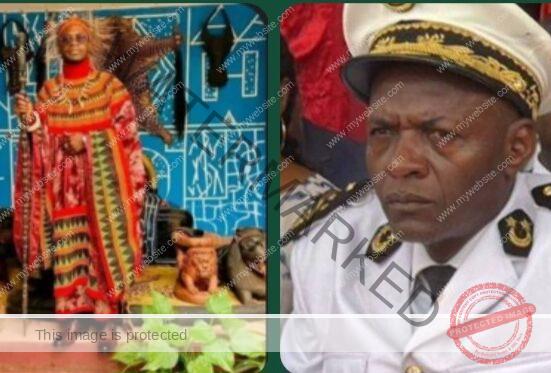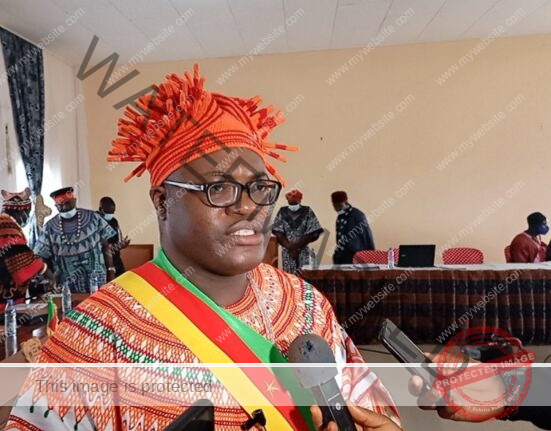Letter to the Editor
Sir,
In reflecting on the President’s recent speech, it is vital that we, as Ambazonians, provide clarity on certain historical and legal points to avoid dangerous misinterpretations of our national cause.
First, Britain did not transfer sovereignty of the Southern Cameroons to La République du Cameroun. No treaty of union exists between the two territories. Sovereignty, by international law, cannot be assumed or transferred in silence—it requires a binding legal instrument. The ceremonial lowering of the Union Jack in Buea on 1 October 1961 was therefore not a transfer of sovereignty, but a non-event in legal terms. Southern Cameroons’ sovereignty remains within Southern Cameroons, unextinguished and unalienated.
Second, the plebiscite of 11 February 1961 must be correctly understood. It was not a referendum on joining another country. It was a United Nations–organized plebiscite designed under the framework of Resolution 1352 (XIV) of 16 October 1959, later reaffirmed in Resolution 1608 (XV) of 21 April 1961. The ballot did not ask: “Do you want to join Nigeria?” or “Do you want to join Cameroon?”
The two options were explicitly:
Do you wish to achieve independence by joining the independent Federation of Nigeria?
Do you wish to achieve independence by joining the independent Republic of Cameroun?
The operative phrase here is “achieve independence by joining.” Independence was the end goal, not its negation. The United Nations was obligated to guarantee that whichever option prevailed, it would be implemented under international supervision and within the terms of lawful decolonization.
Unfortunately, what followed was not lawful union, but annexation. The absence of a treaty of union renders La République du Cameroun’s occupation of Ambazonia illegal under international law.
For these reasons, we must help our President ensure that his words are not twisted to imply that Britain lawfully handed us over, or that the plebiscite dissolved our sovereignty. Neither happened. Our legal case rests on these foundations, and clarity here is essential for our diplomatic, legal, and political posture.
Respectfully, Johnson Fonwi





















Leave feedback about this